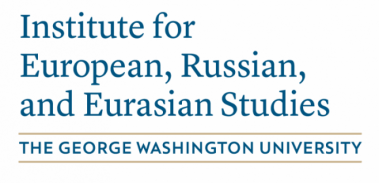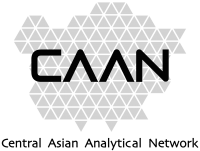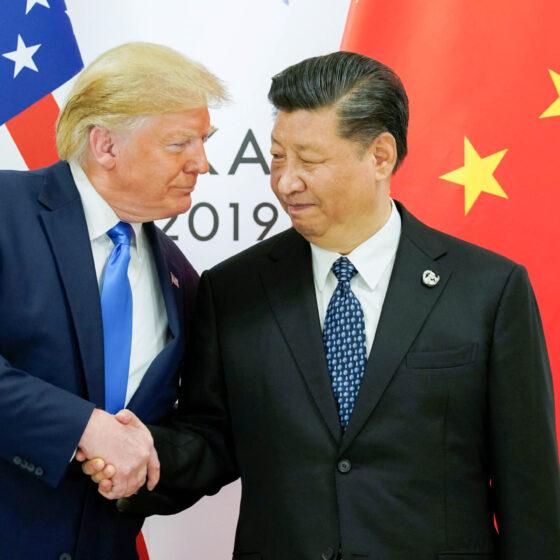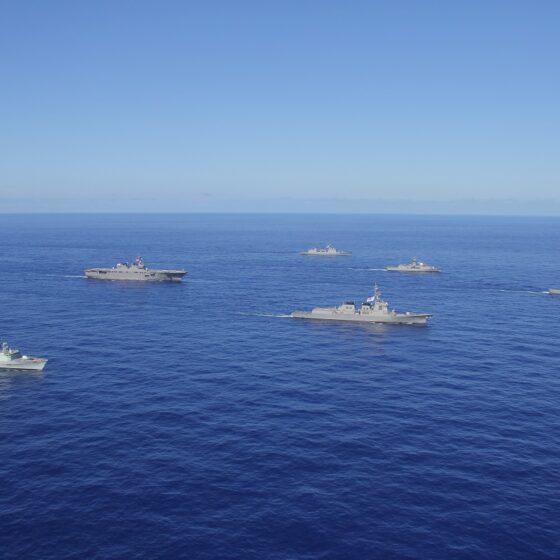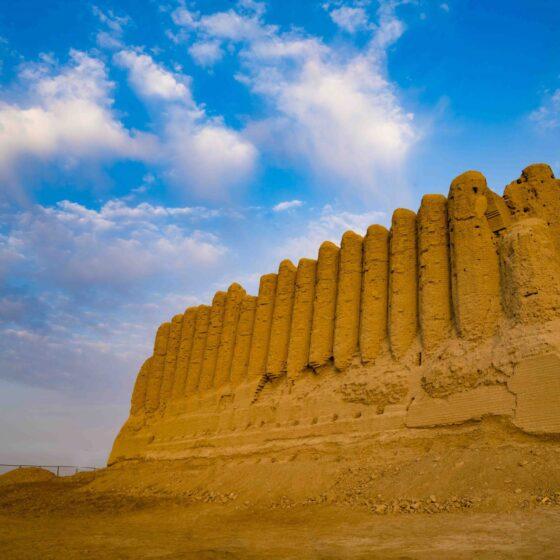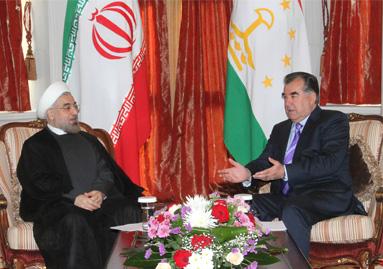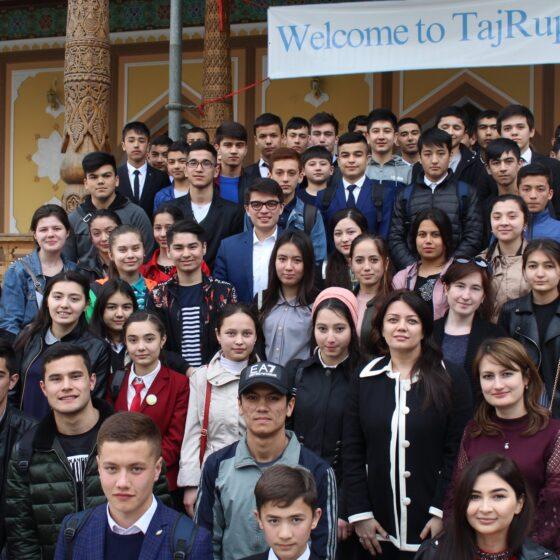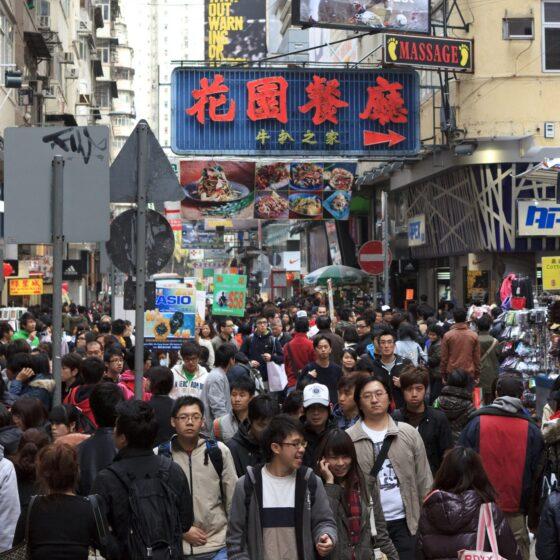Фото: “global warming” by alandberning licensed under CC BY-NC-SA 2.0
Bilahari Kausikan is Chairman of the Middle East Institute at the National University of Singapore, diplomat, former Ambassador-at-Large in the Ministry of Foreign Affairs of Singapore, and Ambassador to the Russian Federation (1994-1995).
The outbreak of COVID-19 is having an immense implication for the entire world. The level of unpredictability and trust among the nations is going down. How does it affect global affairs?
The direct impact will be to accentuate existing trends rather than fundamentally change their direction. For example, it adds a sharper dimension to US-China strategic competition, and we must expect that major countries are going to be internally preoccupied for some time and existing stresses on globalization will be enhanced. The uncertainties arise because world will be in a deep recession for a prolonged period and that has the potential to intensify disputes and tensions in unpredictable ways. So overall, all of us are going to face a more complicated external environment for quite some time.
How pandemic is affecting the processes of economic regionalization in Asia?
Economic regionalism – and globalization in general – is driven by two broad factors.
First, political. For reasons given in my answer to your first question, this factor will get more complicated regionally and domestically. As the regional and domestic politics gets more complicated, countries may be less willing and less able to make the trade-offs and compromises needed to drive regionalization forward.
However, the second factor driving regional economic integration and globalization is technology. Technological advances can slow down but cannot be reversed. We cannot unlearn what we have already learned.
Therefore, while the short to medium term may see regional economic integration decelerate or even stall, I am optimistic that it will continue in the long-term.
Of course, no one really can define the short, medium and long-term with any precision because we are only at the end of the beginning of this pandemic. However, we should keep calm and never lose sight of the future even as we deal with immediate issues.
As global powers compete in Asia, Singapore (as well as Central Asian countries) should navigate in a quite challenging geopolitical environment. In your latest book “Singapore is not an Island”, you ask a question “Will the future be multipolar” focusing on the US-China rivalry. What will be the future trajectory between two geopolitical “heavyweights”?
Asia is a complex and diverse region and this makes it a naturally multipolar region. The US and China are geopolitical facts that cannot be ignored, but they are not the only salient facts. Japan, India, Russia, the Republic of Korea, Australia, Indonesia and Vietnam among others who are consequential powers with their own interests.
I do not think either the US or China will come out of this pandemic looking brilliant. Both are important powers but not particularly trusted. Therefore, no one will put all their eggs in one basket and everyone will hedge and balance simultaneously, always trying to maintain the best possible relationship will all major powers.
This will lead to a system that I call asymmetrical dynamic multipolarity. This is a situation in which not all the ‘poles’ will have equal strategic weight, and in which US-China rivalry forms the central axis around which other countries continually arrange and rearrange themselves in ever shifting patterns, sometimes tilting towards the US and sometimes towards China as their different interests in specific domains and evolving circumstances dictate.
They will not form more or less stable clusters around the US and China as formed around the US and USSR during the Cold War. Do not forget, even during the Cold War neither Washington nor Moscow could entirely control their camps. This is a much more complicated situation than Cold War bipolarity.
The key reason that it is more complicated is economic. The USSR was only a peripheral part of the global economy – the US and China are integral and irreplaceable parts of the global economy and profoundly intertwined. They may ‘decouple’ in specific domains but overall decoupling across all domains is impossible, as impossible as to form two entirely separate systems.
Therefore, no country, however sympathetic or dependent they may be towards the US or China, will accept an exclusive relationship with either.
Speaking about cooperation, do you see any lessons for Central Asian states to benefit from ASEAN experience?
Conditions in Southeast Asia and Central Asia are obviously different and you cannot just copy what ASEAN did.
But you can take inspiration from ASEAN’s flexible and adaptive structure and begin to define your own region in terms of your region’s own interests rather than be passive let the region be defined by external great powers.
The key lesson of ASEAN is that smaller countries are never entirely without agency when dealing with big powers. You have to be alert, agile, and courageous, but are never helpless. There is always some agency.
How do you view the moral dilemmas of the increasing state surveillance and a need to control such epidemics in the future? What lessons can be drawn from Singapore?
Be prepared. We learnt from SARS 17 years ago. Every pandemic is different but learn from this one and prepare for the next. There will be surprises and you will have to adapt to them, but better to be prepared than not.
I see no moral dilemma. In emergencies, individual rights will obviously have to be subordinated to community rights. Otherwise, both the individual and the community will suffer. There is no escaping this hard fact. But of course, it is up to each country to determine the acceptable balance between individual and community rights based on their own specific circumstances, culture and history.
